Best Solar Company Utah County – Do Solar Right with Mike.
Go-To Expert for Solar Batteries in Utah County Cities.
Ask Solar Mike: The Best Solar Company in Utah County for Tesla Powerwall 3 & EG4 Battery Installations in Benjamin, Elk Ridge, Lake Shore, Mapleton, Palmyra, Payson, Salem, Santaquin, Spanish Fork, Spring Lake, Springville, West Mountain, and Woodland Hills.
Experience Top Solar Solutions in Utah County with Tesla Powerwall 3 & EG4 – Act Now for a Free Quote Before Tax Credits End!
On or Off Grid Solar Battery Solutions in Utah County
Unlock energy independence with the best solar batteries in Utah County from Ask Solar Mike, the top solar company serving Benjamin, Elk Ridge, Lake Shore, Mapleton, Palmyra, Payson, Salem, Santaquin, Spanish Fork, Spring Lake, Springville, West Mountain, and Woodland Hills. Our solar panels, Tesla Powerwall 3, EG4 PowerPro ESS batteries, and whole-home generators ensure reliable power for your home, even during outages.
Click below for a free solar battery quote and save up to $4,800 with the 30% tax credit, expiring December 31, 2025!
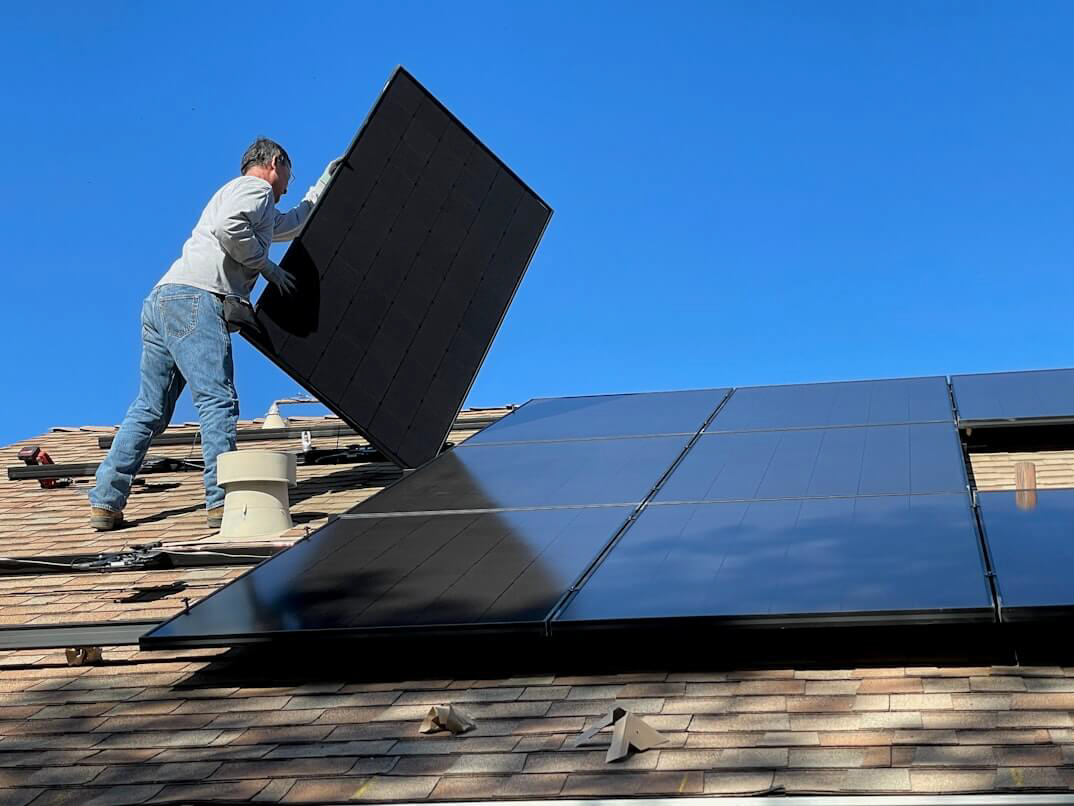
ALPHA Stage 1
Solar Panels
Transform your home with Ask Solar Mike’s Alpha Stage 1 solar panels and batteries, designed for Benjamin, Elk Ridge, Lake Shore, Mapleton, Palmyra, Payson, Salem, Santaquin, Spanish Fork, Spring Lake, Springville, West Mountain, and Woodland Hills in Utah County.
Enjoy lower energy bills and a reduced carbon footprint with our high-efficiency solar panels and battery solutions as the go-to battery expert in Utah County.
Save up to $6,000 on solar panels and batteries with the 30% tax credit, expiring December 31, 2025!
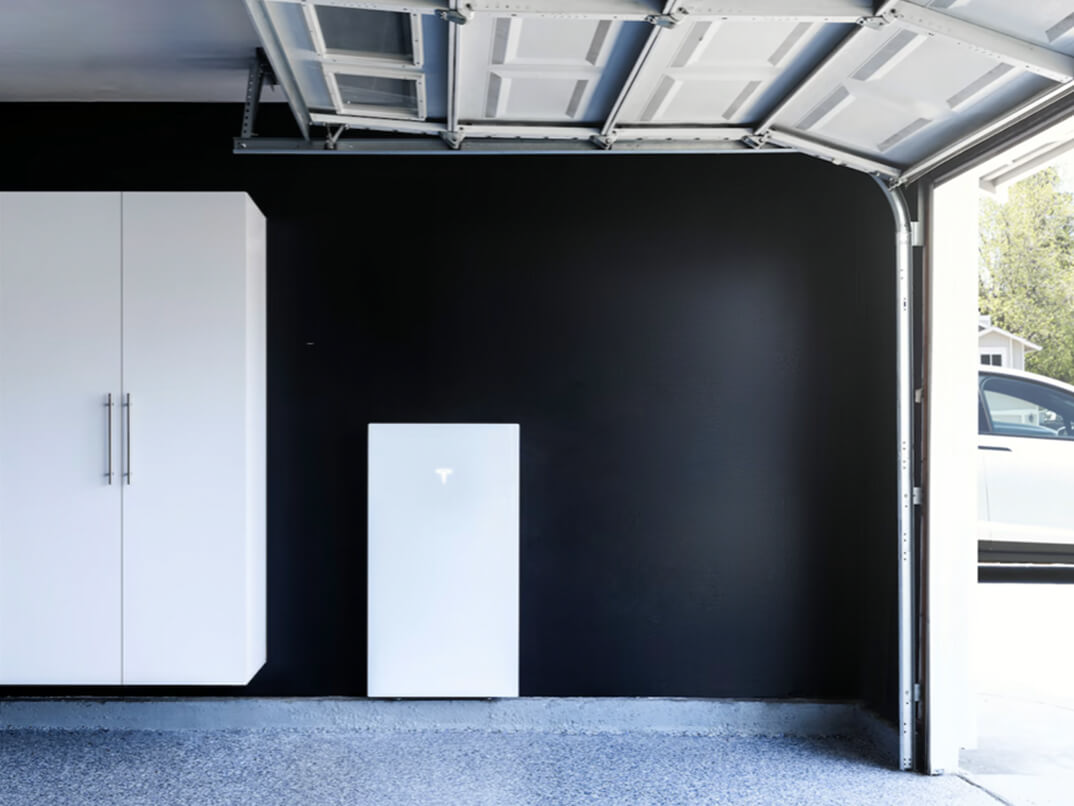
ALPHA Stage 2
Home Batteries
Enhance your energy independence with Ask Solar Mike’s Alpha Stage 2, featuring Tesla Powerwall 3 or EG4 PowerPro ESS batteries – the best solar batteries for Benjamin, Elk Ridge, Lake Shore, Mapleton, Palmyra, Payson, Salem, Santaquin, Spanish Fork, Spring Lake, Springville, West Mountain, and Woodland Hills in Utah County.
Store excess solar power for peak times, nights, and outages with our $16,000 backup battery systems as the go-to battery expert in Utah County.
Save up to $4,800 on the best solar batteries with the 30% tax credit, expiring December 31, 2025!
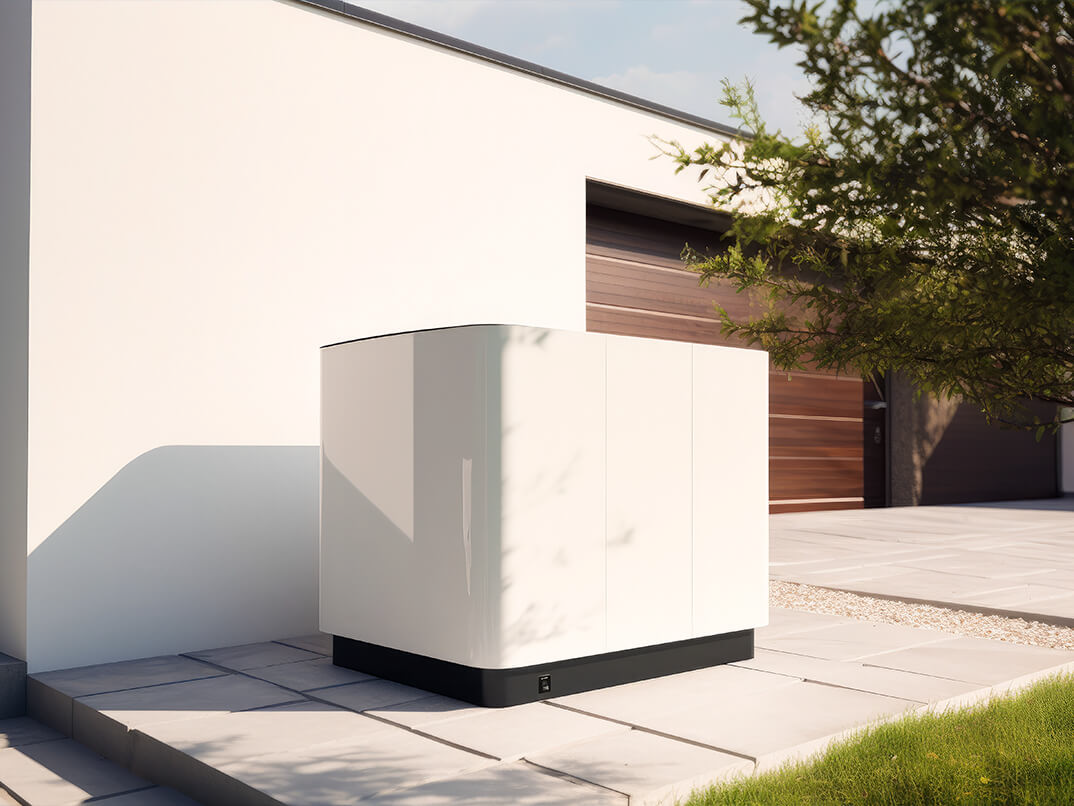
ALPHA Stage 3
Backup Generators
Secure ultimate energy resilience with Ask Solar Mike’s Alpha Stage 3, featuring backup generators and the best solar batteries for Benjamin, Elk Ridge, Lake Shore, Mapleton, Palmyra, Payson, Salem, Santaquin, Spanish Fork, Spring Lake, Springville, West Mountain, and Woodland Hills in Utah County.
Enhance your solar panels and Tesla Powerwall 3 or EG4 PowerPro ESS batteries with dependable emergency power during outages as the go-to battery expert in Utah County.
Save up to $4,800 on generators and solar batteries with the 30% tax credit, expiring December 31, 2025!
Ask Solar Mike Teams with Tesla, EG4 for Utah County Solar – Act Now!
* EG4 Certified Installer
*Tesla Certified Installer
*Solar Ark Certified Installer
*REC Pro Trust Certified Installer

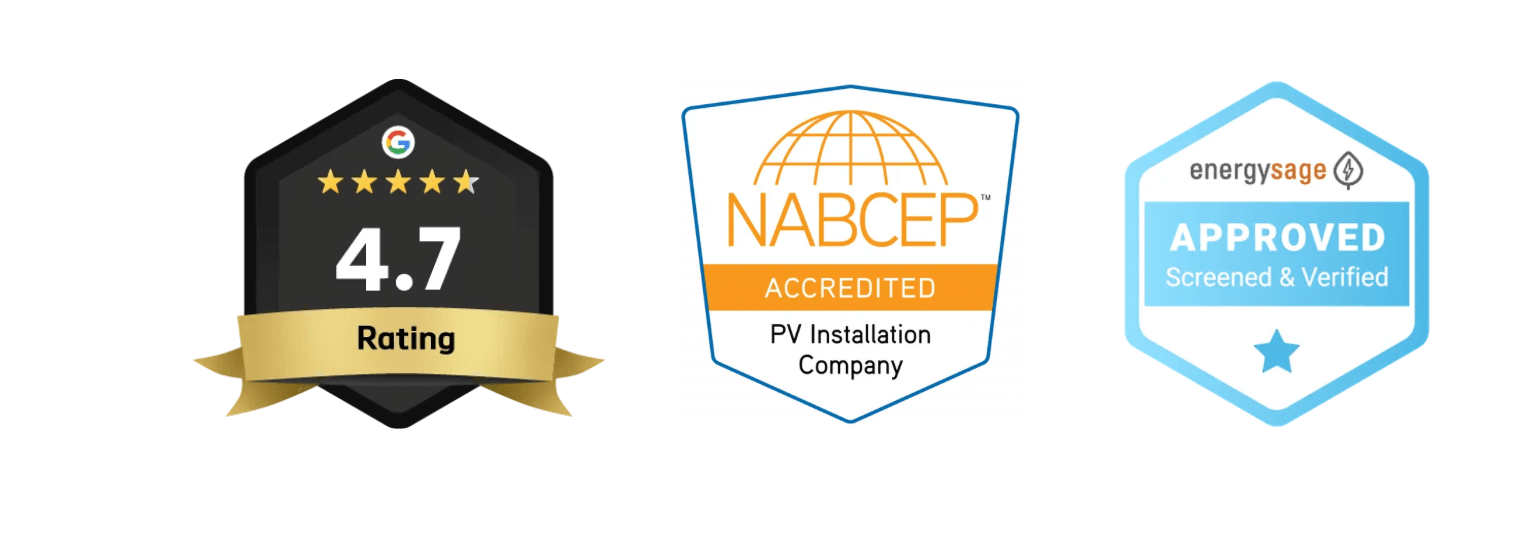
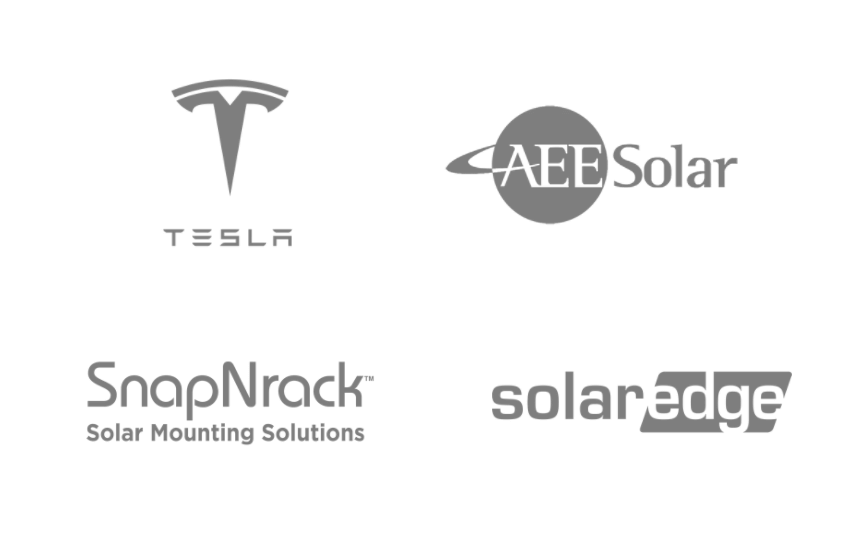
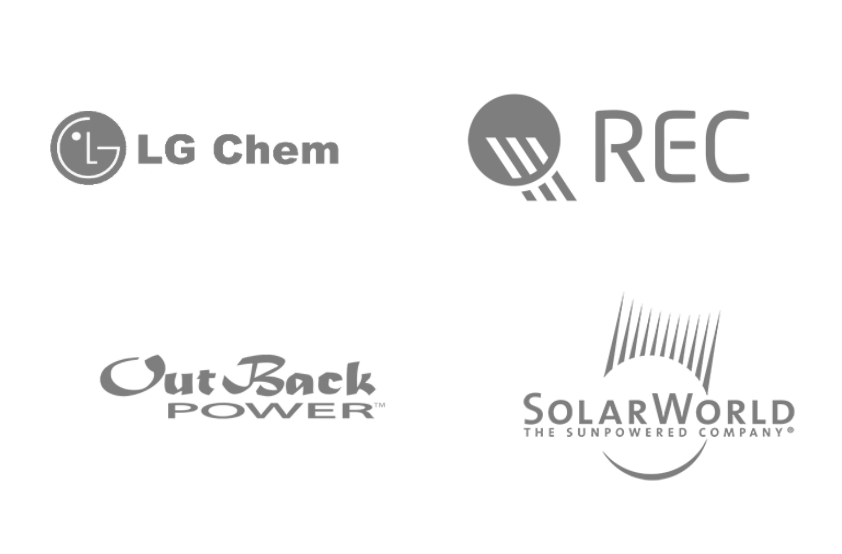
Why Choose the Best Solar Battery Company in Utah County?
Discover the transformative benefits of solar batteries with Ask Solar Mike, the best solar company and battery expert in Utah County, serving Benjamin, Elk Ridge, Lake Shore, Mapleton, Palmyra, Payson, Salem, Santaquin, Spanish Fork, Spring Lake, Springville, West Mountain, and Woodland Hills.
From slashing energy costs to ensuring outage protection with Alpha Stage 1, 2, and 3 systems, here’s why switching to solar and batteries now—before the 30% tax credit expires on December 31, 2025—makes sense for your home!
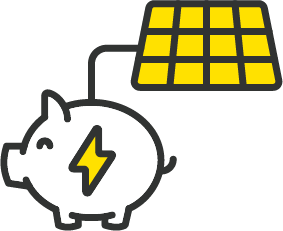
1. Slash Energy Costs with the Best Solar in Utah County.
With Ask Solar Mike’s Alpha Stage 1 solar panels, residents of Benjamin, Elk Ridge, Lake Shore, Mapleton, Palmyra, Payson, Salem, Santaquin, Spanish Fork, Spring Lake, Springville, West Mountain, and Woodland Hills in Utah County can slash energy costs by up to 100% on electricity bills as the go-to solar expert.
Take advantage of the 30% federal tax credit—saving up to $6,000 on a $20,000 system—before it expires on December 31, 2025.
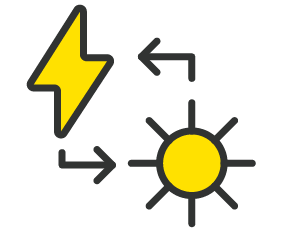
2. Power Through Outages with the Best Solar Batteries in Utah County.
With Ask Solar Mike’s Tesla Powerwall 3 and EG4 batteries, the best solar batteries for homes in Benjamin, Elk Ridge, Lake Shore, Mapleton, Palmyra, Payson, Salem, Santaquin, Spanish Fork, Spring Lake, Springville, West Mountain, and Woodland Hills in Utah County, power through outages with unrivaled reliability.
These $16,000 systems ensure continuous energy during grid failures, outshining $26,500 SolarEdge options with full control.
Act now with a free quote and save up to $4,800 with the 30% tax credit, expiring December 31, 2025!
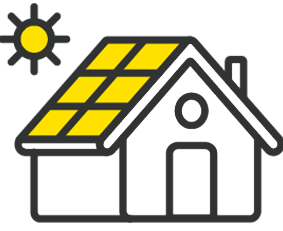
3. Increase Property Value with Solar Batteries in Utah County
Elevate your home’s value with Ask Solar Mike’s Alpha Stage solar and battery, and generator upgrades, the best solar batteries in Benjamin, Elk Ridge, Lake Shore, Mapleton, Palmyra, Payson, Salem, Santaquin, Spanish Fork, Spring Lake, Springville, West Mountain, and Woodland Hills in Utah County.
Buyers in Utah County are drawn to the 4-6% property value increase from our solar panels, Tesla Powerwall 3, and EG4 batteries, plus long-term savings amplified by a $6,000 tax credit on a $20,000 system
—act before it expires December 31, 2025, and outshine $26,500 SolarEdge homes!
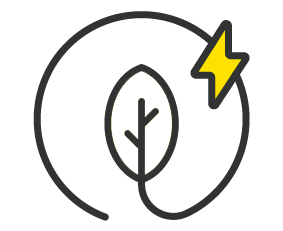
4. Go Green with the Best Solar Battery Systems in Utah County
Go green with Ask Solar Mike’s comprehensive Alpha Stage solar and battery systems, the best solar batteries serving Benjamin, Elk Ridge, Lake Shore, Mapleton, Palmyra, Payson, Salem, Santaquin, Spanish Fork, Spring Lake, Springville, West Mountain, and Woodland Hills in Utah County.
Our solar panels, Tesla Powerwall 3, EG4 batteries, and generators deliver clean, renewable energy, slashing greenhouse gas emissions by up to 80% compared to fossil fuels.
Act now with a free quote to save up to $6,000 with the 30% tax credit, expiring December 31, 2025, and outshine less eco-friendly $26,500 SolarEdge options!
Why Choose the Best Solar Battery Expert in Utah County?

Meet Mike, your trusted guide to energy independence. With years of experience in helping families go off-grid, he's a solar expert dedicated to educating homeowners. Mike's tips help you avoid being ripped off by large or small solar companies.
Mike's Top Tip #1 Add Value To Your Home
Mike's Top Tip #2 Is Your Home A Good Candidate For Solar?
Mike's Top Tip #3 Solar, Battery, and Generator Guide
See Mike's Most Recent Tips Blog
16+ Years as Utah County's Solar Battery Expert
Clear Communications on Solar Batteries in Utah County
40,000+ Happy Customers for Solar Batteries
Long-Term Warranties & Support for Solar Batteries
Ask Solar Mike’s Swift Solar Battery Installations in Utah County
Ask Solar Mike’s expert installation teams, led by Mike Morris, deliver swift planning and permitting for Salem, Elk Ridge, Payson, West Mountain, Woodland Hills, Spanish Fork, Springville, Lehi, and Highland. Licensed, insured, and certified in Tesla, EG4, Sol-Ark, and REC, we ensure fast, trustworthy solar installations with top-tier customer service. Outpace $26,500 SolarEdge delays—act now with a free quote and save up to $6,000 with the 30% tax credit, expiring December 31, 2025!
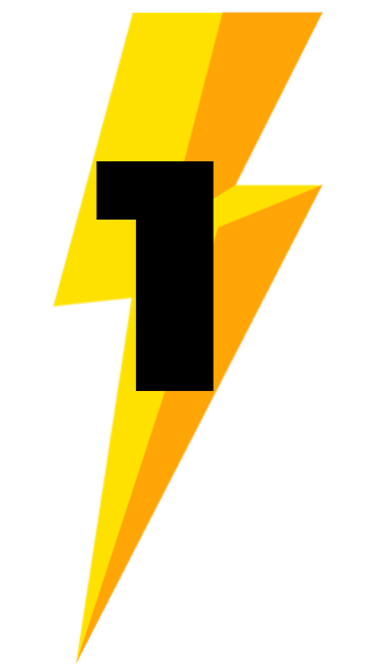
Solar Battery Planning & Permitting in Utah County
Ask Solar Mike, led by Mike Morris, streamlines planning and permitting for swift solar battery installations in Benjamin, Elk Ridge, Lake Shore, Mapleton, Palmyra, Payson, Salem, Santaquin, Spanish Fork, Spring Lake, Springville, West Mountain, and Woodland Hills in Utah County.
Our expert, licensed team manages every detail with precision, ensuring compliance with Utah County regulations and beating slow competitors as the go-to battery expert. Act now with a free quote to save up to $6,000 with the 30% tax credit, expiring December 31, 2025!

Solar Battery Installation & Inspection in Utah County
Ask Solar Mike, led by Mike Morris, delivers efficient installation and inspection for swift solar battery upgrades in Benjamin, Elk Ridge, Lake Shore, Mapleton, Palmyra, Payson, Salem, Santaquin, Spanish Fork, Spring Lake, Springville, West Mountain, and Woodland Hills in Utah County.
Our certified technicians, skilled in Alpha Stages 1-3 systems, install with precision and conduct rigorous inspections to meet Utah County codes, outpacing slow competitors as the best battery expert. Act now with a free quote to save up to $6,000 with the 30% tax credit, expiring December 31, 2025!

Solar Battery Production & Savings in Utah County
With Ask Solar Mike’s Alpha Stage systems and batteries, homes in Benjamin, Elk Ridge, Lake Shore, Mapleton, Palmyra, Payson, Salem, Santaquin, Spanish Fork, Spring Lake, Springville, West Mountain, and Woodland Hills in Utah County begin producing clean energy, slashing energy bills by up to 100% and boosting property value by 4-6%.
The result? Smiles from savings up to $6,000 with the 30% tax credit—expiring December 31, 2025—and the pride of a greener Utah County as the go-to battery expert, outshining $26,500 SolarEdge systems. Act now with a free quote!
Solar Battery Installs Available in 6 States, Expert in Utah County
Mike's solar battery installs are currently available across these 6 states: Utah, Colorado, Idaho, Oregon, Arizona, and Montana.
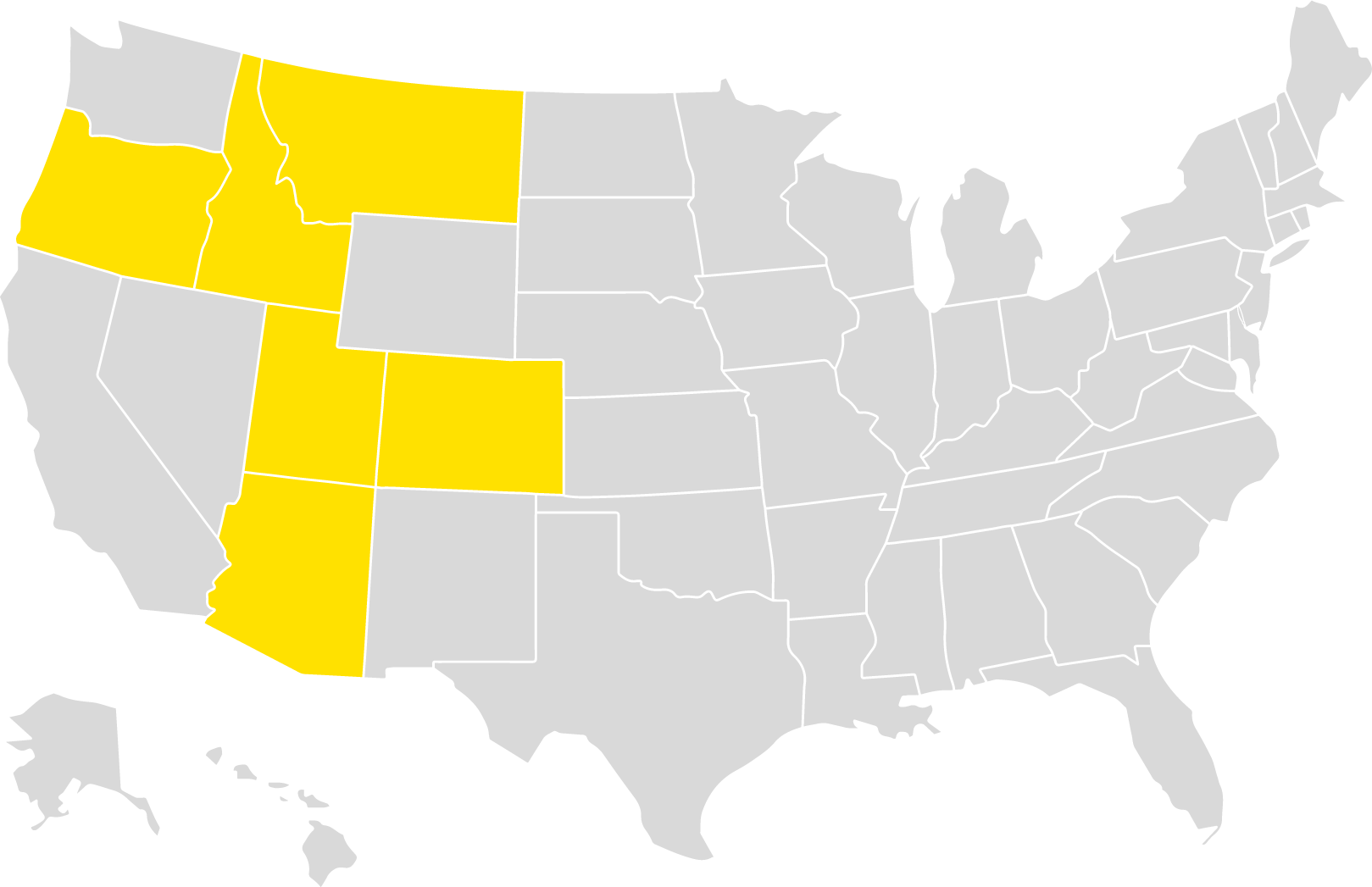
Hear from Happy Customers on Solar and Batteries in Utah County

Brandon Beck
We were happy to work with Mike to get solar installed on our house. He made the process easy and straightforward and made all of the numbers make sense.
– Thank you Brandon. It was awesome working with you! I think we are up to about 5 houses in your area that we’ve helped. That usually doesn’t happen unless you create a good experience. 🤙

Jason Nelson
Mike was great to work with and answered all of our questions. He was also responsive to calls and texts and I appreciated that quite a bit. And he was also the best price of the bids that I received. In the end, we got the solar panels that fit our needs and it worked with our budget. I highly recommend Mike for your solar needs.
– Thank you so much Jason! Really enjoyed working with you!

Matthew Durovich
Installers were the BOMB, even worked to get 6 more panels on south facing roof, which has helped. 32 panels, 12 kWh system, was extremely impressed with quality of parts, and install. All hooked up, and I am officially a solar nerd. The app is awesome to track, and I love checking my net meter multiple times a day.
– Thank you so much Matt. You’re guys’ house turned out great!

Kristy Warren
Mike is so awesome! Not only did he come to our house when it was convenient for us, he got us approved for solar in minutes $40 a month cheaper than every other company we had looked in to. As well as $20,000 cheaper for the whole thing. He is so friendly and personable. The only thing you will regret about getting solar is if you don’t go with Solar Mike!
– Ah Kristen, you're a sweetheart. Thank you for the kinds words. It's kind of funny when you see the
differences, right?! I always asks folks, "So did that other company's quote come with a Free Car or
something?

Delyse Downey
We were looking into getting solar for our new house and looked into multiple companies. When we posted online asking around, Mike's name came up multiple times. Once we found Mike things went so smooth! We ended up getting more panels for less money!! Amazing deal and a great guy to work with!! I would highly recommend him.
– Love it! Too fun. Thank you for that review. Saving you money is the easy part, getting you the “GOOD LIFE” so you can run that A/C at 68 degrees for way less than your power bill, that’s what it’s all about. 🤘🤘

Daniel Steel
Mike is freaking awesome to work with. He has taken care of every question I've had and saved me thousands in costs of solar and my savings on my power bill. If you want a great deal Mike is your guy hands down!!!
– Thanks Daniel! Your system turned out awesome. Once your neighbors discovered I'm an equipment distributor and wholesaler, 70% of all your neighbors got solar. There are a few folks over their that got DIY kits from me also. I guess you guys like saving money and the planet. :)
Most Frequent Questions
Ask Mike: Solar Battery FAQs for Utah County...
Ask Mike: Solar Battery FAQs for Utah County
With a 25-year warranty, your solar battery system from the best battery expert in Utah County is designed for longevity and reliability in cities like Benjamin, Elk Ridge, Lake Shore, Mapleton, Palmyra, Payson, Salem, Santaquin, Spanish Fork, Spring Lake, Springville, West Mountain, and Woodland Hills.
This extensive warranty ensures that your system will provide consistent, high-quality performance for at least a quarter of a century. Throughout this period, you can count on reliable energy production and peace of mind, knowing that any potential issues are covered.
How Much Can I Save with Solar Batteries in Utah County?
Switching to solar batteries can lead to substantial savings on your energy bills as the go-to battery expert in Utah County. By generating and storing your own electricity, you'll significantly reduce or even eliminate your monthly utility costs in Benjamin, Elk Ridge, Lake Shore, Mapleton, Palmyra, Payson, Salem, Santaquin, Spanish Fork, Spring Lake, Springville, West Mountain, and Woodland Hills.
Over time, these savings can add up to thousands of dollars, making solar batteries a wise financial investment. Additionally, many regions offer incentives and tax credits for solar battery installations, further increasing your savings.
Are There Incentives for Solar Batteries in Utah County?
Yes, there are numerous incentives and rebates available for those who choose to install solar energy systems. Many federal, state, and local programs offer financial incentives to reduce the initial cost of solar installations. For instance, the federal Investment Tax Credit (ITC) allows you to deduct a significant percentage of the installation cost from your federal taxes.
Yes, there are numerous incentives and rebates available for those who choose to install solar battery systems as the best battery expert in Utah County. Many federal, state, and local programs offer financial incentives to reduce the initial cost of solar battery installations in Benjamin, Elk Ridge, Lake Shore, Mapleton, Palmyra, Payson, Salem, Santaquin, Spanish Fork, Spring Lake, Springville, West Mountain, and Woodland Hills.
For instance, the federal Investment Tax Credit (ITC) allows you to deduct a significant percentage of the installation cost from your federal taxes.
Can I Depreciate My Residential Solar System to Cut Payback Time in Half in Utah County?
Yes, residential solar systems in Utah County can be depreciated to potentially halve your payback period from 6-8 years to 3-4 years.
To qualify, convert your system into a business by setting up an LLC, claiming all produced energy (including excess sold via net metering, typically $500-1,500 annually) as taxable income, and actively managing it.
This allows MACRS 5-year depreciation on 85% of the cost (after reducing the basis by half the 30% federal ITC—e.g., a $20,000 system depreciates $17,000). In 2025, you can also claim 40% bonus depreciation in year one per the July 4, 2025 tax bill, accelerating savings. For homeowners in Benjamin, Elk Ridge, Lake Shore, Mapleton, Palmyra, Payson, Salem, Santaquin, Spanish Fork, Spring Lake, Springville, West Mountain, or Woodland Hills.
Ask Solar Mike can guide you—request a free quote to explore options.
Do I Need a Solar Battery in Utah County?
Whether you need a battery for your solar system depends on your energy goals and needs. Batteries can store excess energy generated by your solar panels, providing power during the night or during grid outages. If you live in an area with frequent power outages or want to maximize your energy independence, a battery could be a valuable addition.
As the go-to battery expert in Utah County, whether you need a solar battery depends on your energy goals and needs in cities like Benjamin, Elk Ridge, Lake Shore, Mapleton, Palmyra, Payson, Salem, Santaquin, Spanish Fork, Spring Lake, Springville, West Mountain, and Woodland Hills.
Solar batteries can store excess energy generated by your panels, providing power during the night or during grid outages. If you live in an area with frequent power outages or want to maximize your energy independence, a battery is a valuable addition – contact the best solar battery company today.
How Long Does Solar Battery Installation Take in Utah County?
The duration of a solar battery installation can vary depending on various factors, including the size of the system, complexity of the installation, and local permitting processes in Utah County cities like Benjamin, Elk Ridge, Lake Shore, Mapleton, Palmyra, Payson, Salem, Santaquin, Spanish Fork, Spring Lake, Springville, West Mountain, and Woodland Hills.
Typically, a residential solar battery installation takes anywhere from one to two days to complete once all necessary permits are obtained. Local city and utility permits can take a few weeks.
Our efficient processes and skilled technicians, as the best solar battery company in Utah County, ensure that installations are completed as quickly as possible without sacrificing quality. From initial consultation to final commissioning, we work diligently to minimize downtime and get your solar battery system up and running in a timely manner.
How Many Panels & Batteries Do I Need in Utah County?
The number of solar panels and batteries you need depends on several factors, including your energy consumption, available roof space, and the efficiency of the panels and batteries.
As the go-to solar battery expert in Utah County, our team can conduct a thorough assessment of your energy usage and home in Benjamin, Elk Ridge, Lake Shore, Mapleton, Palmyra, Payson, Salem, Santaquin, Spanish Fork, Spring Lake, Springville, West Mountain, and Woodland Hills to determine the optimal setup for your specific needs.
What Are the Best Solar Batteries for Homes in Utah County?
As the go-to solar battery expert in Utah County, Ask Solar Mike recommends Tesla Powerwall 3 or EG4 PowerPro ESS for homes in Benjamin, Elk Ridge, Lake Shore, Mapleton, Palmyra, Payson, Salem, Santaquin, Spanish Fork, Spring Lake, Springville, West Mountain, and Woodland Hills, where 70% of 2025 installs include batteries to combat frequent outages and rising Rocky Mountain Power rates (up 41% projected).
The Tesla Powerwall 3 ($13,000-16,000 installed) offers 13.5 kWh storage with 96% efficiency, ideal for whole-home backup and seamless integration—cutting bills by 20-30% via peak shaving.
For cost-effective options, EG4 PowerPro ESS ($13,000-16,000) provides similar capacity with 98% efficiency and EMP-proof durability, perfect for off-grid needs in rural areas like West Mountain.
Both qualify for the 30% ITC (saving $4,800 on average), expiring December 31, 2025, and pair with our Alpha Stage systems for 25-year warranties. Market data from SEIA shows batteries reduce payback to under 5 years in Utah's sunny climate (5-6 kWh/m²/day). Contact us for a free battery assessment or read our guide (www.asksolarmike.com/post/solar-energy-benefits-utah-county-homeowners-save-money-secure-reliable-power) to choose the best fit.
